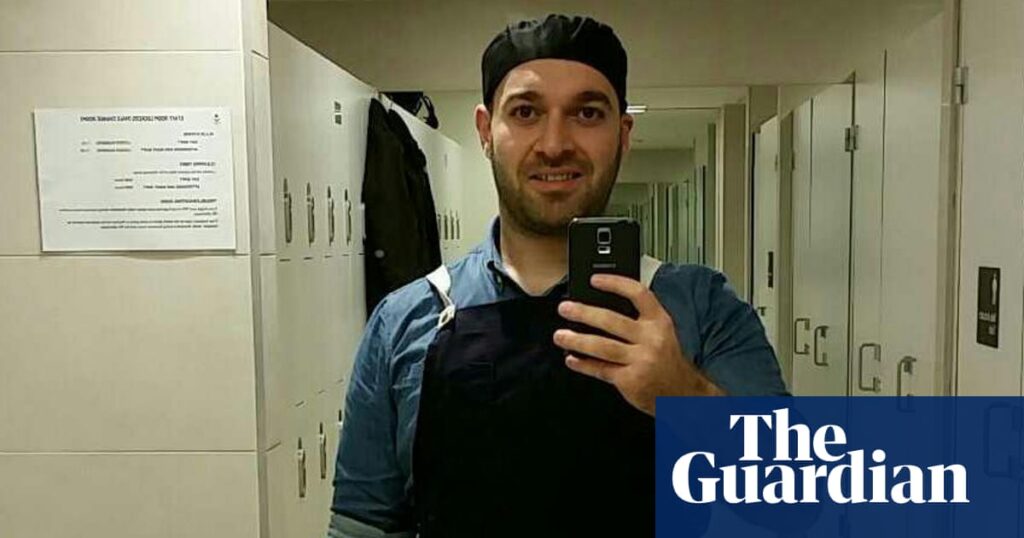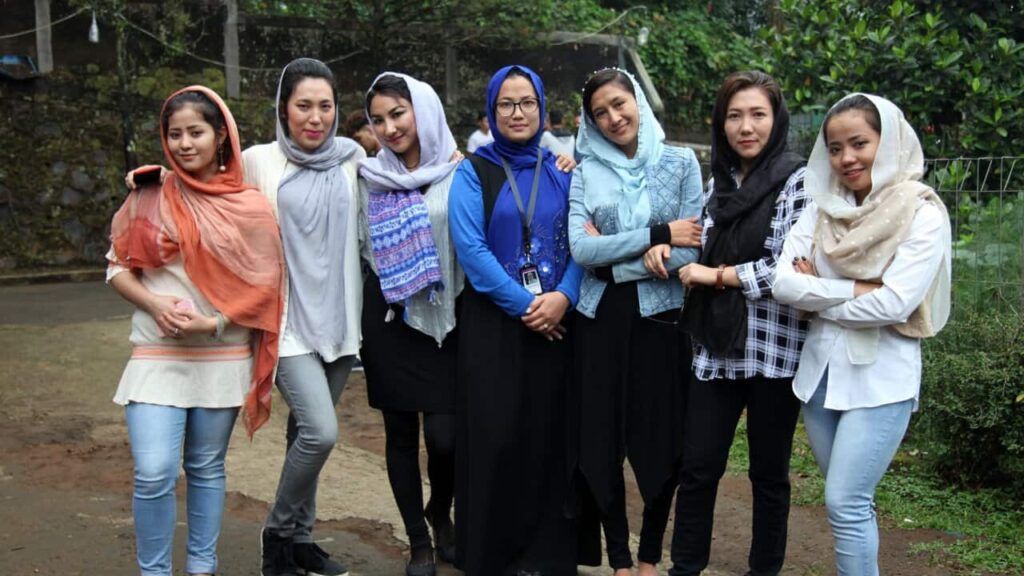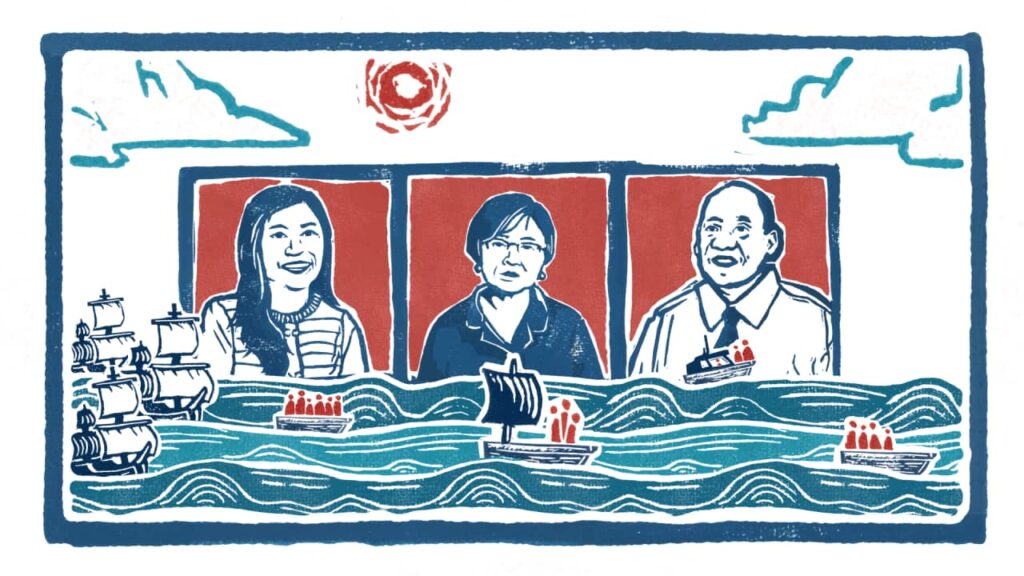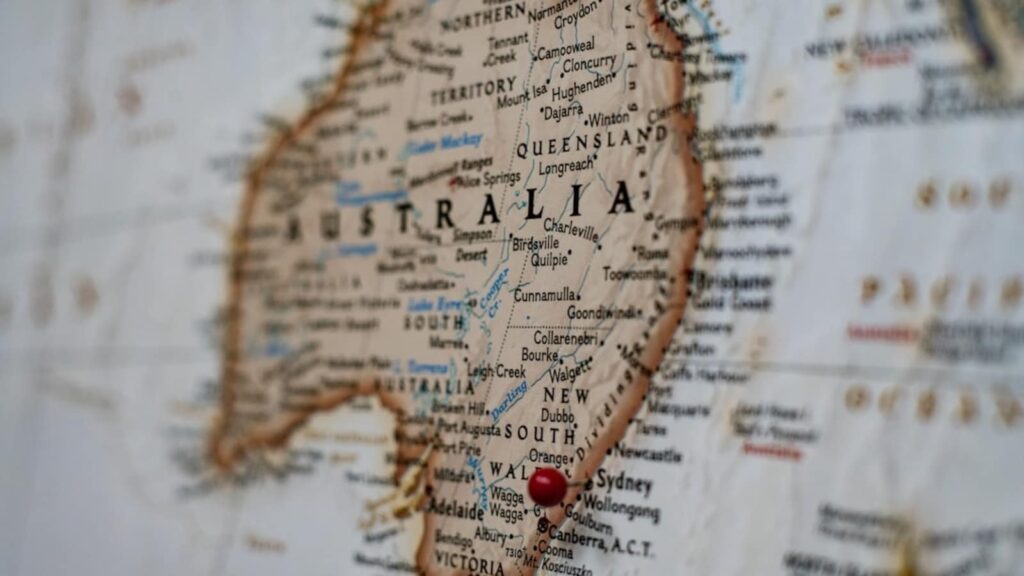From Baghdad to Australia: Engineers Struggle for Jobs

Refugees and Job Market Challenges in Australia
When Sam Matti arrived in Australia in 2015, he brought with him a strong academic background, having earned a bachelor’s degree in automation engineering and accumulated five years of experience working at an electric power plant in Baghdad. This was not an easy journey. Sam fled Iraq due to religious persecution, as he belonged to a minority Christian community targeted by Islamic State. Despite his qualifications and being multilingual, Sam faced significant hurdles finding a job in his field.
Job Application Struggles
“I applied for every possible position,” Sam recalls. Yet, he heard the same disappointing responses over and over: “Sorry, we found someone with more experience.” This left him with no choice but to take on various roles outside his expertise, including cleaning, catering, and aged care, to stay afloat financially.
Unfortunately, Sam’s experience is not uncommon among refugees in Australia. Many who enter the country with professional backgrounds face difficulties in having their skills and qualifications recognised, often leading to what is known as “occupational downgrade.”
Understanding Occupational Downgrade
A recent report by the Australian Institute of Family Studies (AIFS) highlights that many skilled migrants find themselves in jobs that do not match their qualifications even a decade after arriving. Specifically, around 30% of women and 19% of men reported previously holding managerial or professional roles; after ten years in Australia, these numbers dropped to 17% for women and 10% for men.
The report also found stark outcomes for male refugees who once worked in fields like business and ICT. After ten years, many were employed as technicians or tradespeople. For female refugees, the situation is even more striking: over two-thirds of those who had professional roles previously were unemployed a decade later.
The Importance of Recognition and Language Skills
Challenges like having qualifications recognised, improving English language skills, and dealing with the aftermath of forced migration contribute to this issue. Dr John van Kooy, the lead author of the report, stressed that a significant percentage of refugees, often 60% of women and 37% of men, were not in the workforce after ten years, though many expressed a desire for employment.
The Economic Impact
A separate report by Settlement Services International (SSI) revealed that tapping into the skills of refugees could bring massive economic benefits to Australia. SSI’s Dane Moores emphasised how many permanent migrants, particularly those from humanitarian backgrounds, often work below their skill level.
Many refugees come with years of valuable experience, yet they encounter a system that makes it difficult to validate their skills. The process for recognising overseas qualifications can be complex and costly, leaving many unable to navigate these bureaucratic hoops.
Encouraging Success Stories
After two years of persistent job-hunting and various roles, Sam finally found an internship with a leading construction firm, which ultimately led to a position as an operations manager at Australia Post. Sam’s journey illustrates the importance of giving opportunities to individuals with potential.
“Giving an opportunity to a person can be a life-changing event,” he reflects. “I made the most of my opportunity, achieving better results for my family and society in general.”
What do you think?
Have a question about this topic or your own plans to move to Australia or New Zealand? Scroll down and leave a comment. We’d love to hear from you.
Thinking about moving to Australia or New Zealand?
Join our free and supportive community at Oz Visa Forum.
Post in our forums to get advice and support from people who’ve already made the move.
Not sure where to start? Click here to get started







Responses